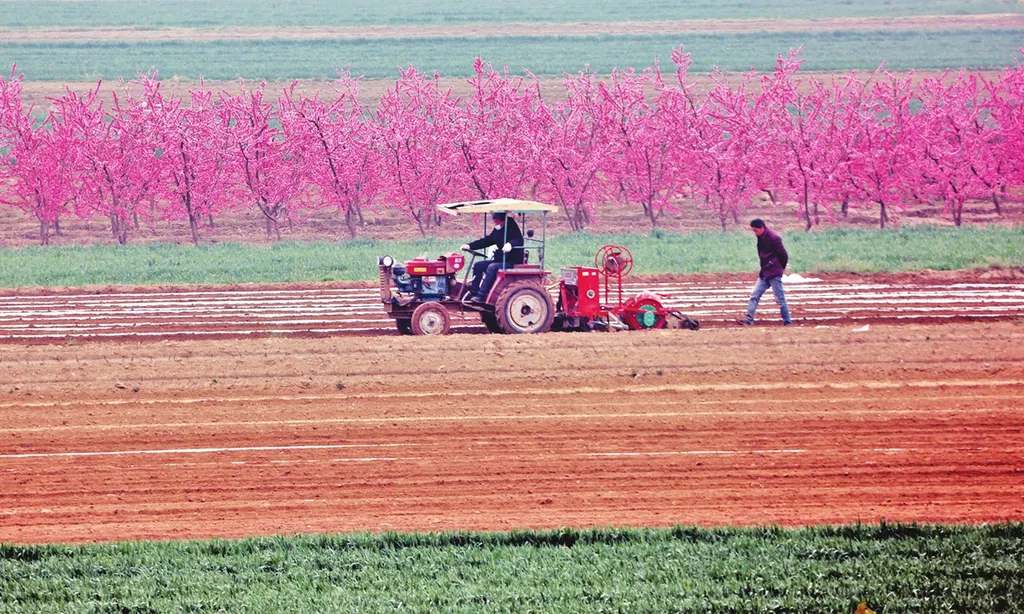In the heart of China’s agricultural landscape, a quiet revolution is taking root, one that could reshape the way farmers approach pesticide use and, in turn, bolster food safety and sustainability. At the forefront of this shift is Dr. Hailan Qiu, an economist from the School of Economics and Management at Jiangxi Agricultural University, who has been exploring the intersection of e-commerce and farmers’ pesticide reduction behaviors.
Dr. Qiu’s recent study, published in the journal *Frontiers in Sustainable Food Systems* (formerly known as *Frontiers in Nutrition*), sheds light on how e-commerce adoption (ECA) is influencing farmers’ decisions to reduce pesticide use. The research, which surveyed 3,531 farmers, reveals that ECA is indeed a powerful catalyst for promoting pesticide reduction behaviors among farmers.
The study found that farmers who embrace e-commerce are more likely to reduce their pesticide use, driven by factors such as increased agricultural income expectations, heightened food safety perceptions, and the adoption of agricultural machinery socialization services. “E-commerce is not just about buying and selling; it’s about creating a ripple effect that touches every aspect of the agricultural value chain,” Dr. Qiu explains.
The implications of this research are profound, particularly for the energy sector. As farmers reduce their reliance on chemical pesticides, there’s a potential decrease in the demand for energy-intensive pesticide production. Moreover, the shift towards mechanized pesticide application methods, facilitated by e-commerce, could lead to more efficient energy use in agriculture.
Dr. Qiu’s study also highlights the importance of e-commerce platforms and models in driving this change. Large-scale e-commerce platforms and socialized e-commerce models were found to have a more significant impact on farmers’ pesticide reduction behaviors. This suggests that the scale and model of e-commerce platforms play a crucial role in shaping farmers’ behaviors and, consequently, the broader agricultural landscape.
The research also underscores the need for policy optimization to support the green transformation of agriculture. By quantifying the impact of ECA on farmers’ pesticide reduction behaviors, Dr. Qiu’s study provides valuable insights for policymakers seeking to promote sustainable agriculture and food safety.
As we look to the future, this research could shape the development of e-commerce platforms and agricultural policies, fostering a more sustainable and food-safe world. It’s a testament to the power of technology in driving positive change, a reminder that even the most traditional industries can be transformed by the digital age.
In the words of Dr. Qiu, “This is just the beginning. The potential of e-commerce in promoting sustainable agriculture is vast, and we’re only scratching the surface.” As we navigate the complexities of the 21st century, one thing is clear: the future of agriculture is digital, and it’s here to stay.

